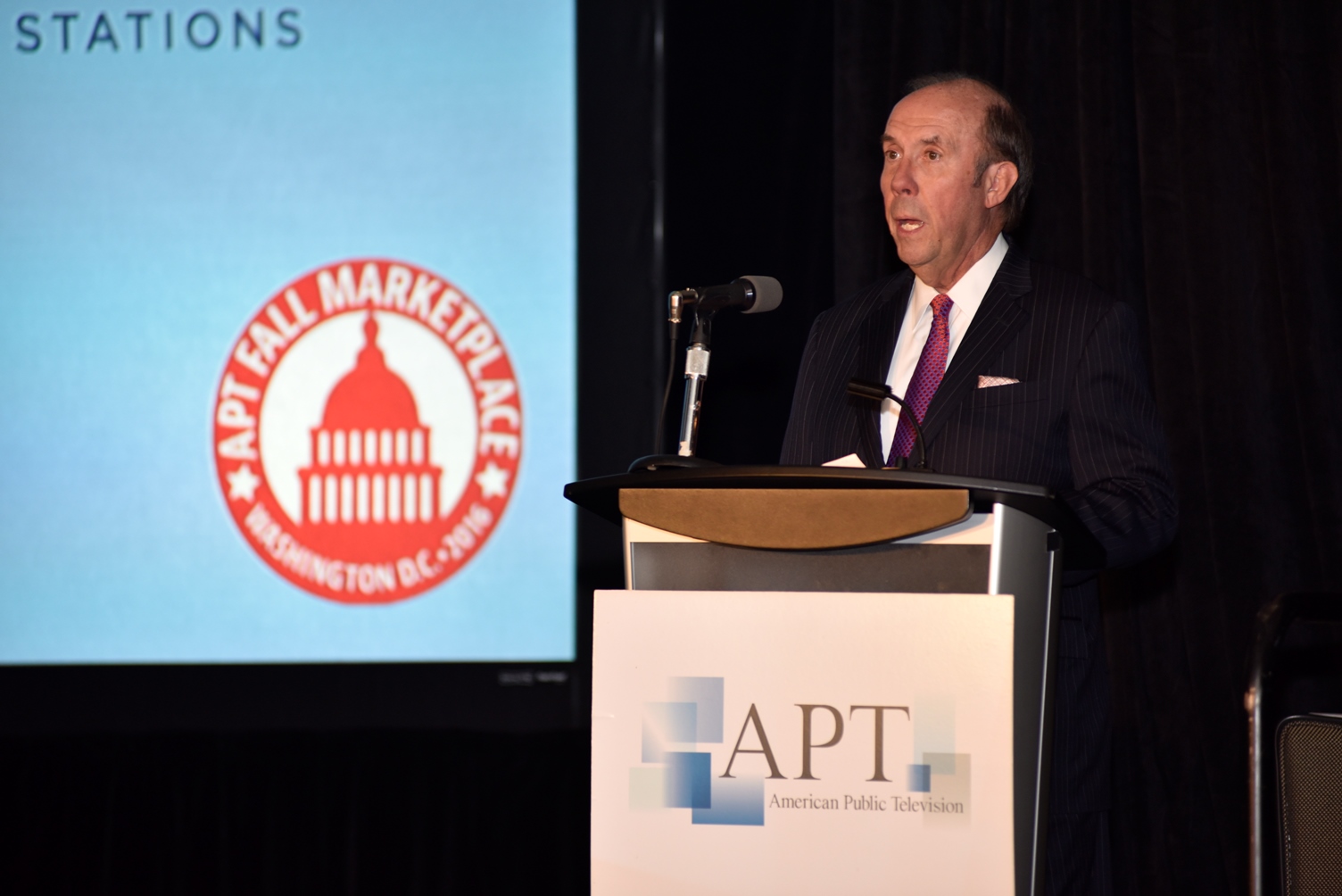‘Permanent beta’ a new programming approach for NPR
NPR lately has been using a more nimble and less expensive way of developing content — a kind of “permanent beta” — notes Nieman Journalism Lab. New offerings such as TED Radio Hour, Ask Me Another and Cabinet of Wonders are relatively inexpensive live shows or adaptations of existing titles, and run as pilot projects.
That’s different from, say, Bryant Park Project, launched five years ago on a budget of $2 million after extended online piloting (Current, Sept. 24, 2007); that died within a year (Current, July 28, 2008).
“Historically,” Eric Nuzum, NPR’s v.p. of programming, told Nieman, “the way that NPR and others in public radio have produced big programming is we come up with an idea we think is really good, we hire a staff, we keep all this very cloak-and-dagger secret, and then we try to make a big launch with it, and we end up with 30 stations and then over time more stations add to it. Using that process, it takes years to determine years if something is going to be a hit or not. And that involves millions and millions of dollars.”
Nuzum added that whether the latest shows catch on or not, “I’m really proud of what we’ve come up with. The bigger experiment is the process.”



